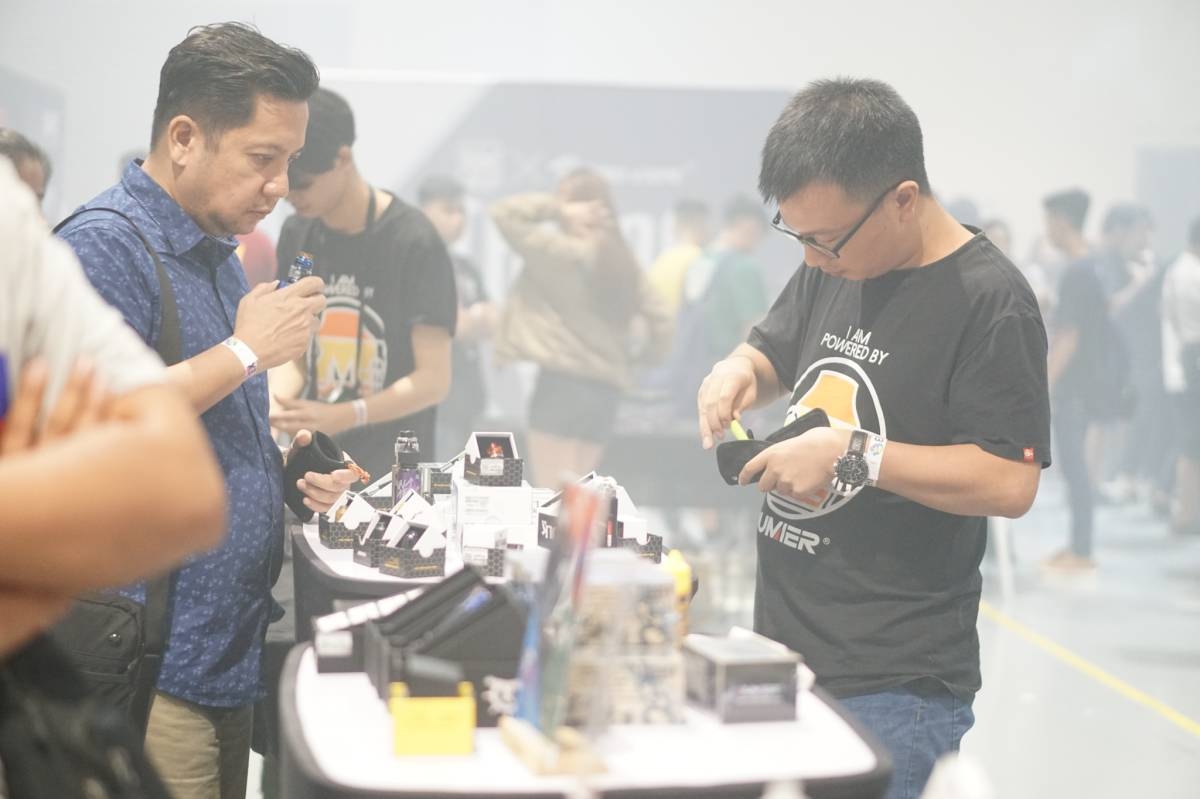The Philippines has taken a significant step in addressing the smoking epidemic by passing the Vape Law, which recognizes tobacco harm reduction as a crucial approach. This move aligns with the World Health Organization’s (WHO) global tobacco control treaty, which identifies harm reduction as one of its pillars. However, some groups argue that the WHO’s restrictive stance fails to acknowledge the importance of harm reduction.
Dr. Lorenzo Mata, the president of Quit For Good, a non-profit organization promoting harm reduction, commended the Philippine Congress for passing the Vape Law. He emphasized that this law demonstrates the country’s support for science-based public health policies. Despite harm reduction being included in the preamble of the WHO Framework Convention on Tobacco Control (WHO-FCTC), Mata highlighted the organization’s continued oversight of this approach.
Mata stressed the need for the Philippines to align its stance on the WHO-FCTC with the Vape Law, considering the growing global acceptance and promotion of tobacco harm reduction. Numerous local and international public health experts have pointed to mounting scientific evidence that supports the use of novel tobacco products, such as heated tobacco, oral nicotine, and vape products, as less harmful alternatives to smoking.
Countries like the United Kingdom (UK), New Zealand, and Japan have already embraced these products as proven tools for reducing the harm caused by smoking. Professor David Sweanor, chairman of the advisory board of the Center for Health Law, Policy and Ethics at the University of Ottawa, commended the Philippines for passing the vape law. Dr. Konstantinos Farsalinos, a Greek cardiologist and leading researcher on tobacco harm reduction, also praised the country’s achievement in a challenging region.
Dr. Alexander Wodak, former director of the Alcohol and Drug Service at St Vincent’s Hospital in Sydney, Australia, noted that other Asian countries are moving in a similar direction, although not as advanced as the Philippines. Roberto Sussman, an associate professor at the National University of Mexico (UNAM), described the enactment of the law as a ground-breaking event that will influence countries in Asia, Latin America, and Africa.
Harm reduction is recognized as one of the three pillars of the WHO-FCTC, alongside demand and supply reduction, signifying its importance as a public health strategy. The Philippines passed Republic Act 11900, also known as the Vaporized Nicotine and Non-Nicotine Products Act of 2022, to regulate smoke-free alternatives that are considered far less harmful than traditional cigarettes.
Dr. Mata explained that the Vape Law reflects the government’s position that innovative smoke-free products, backed by scientific research, should be regulated as options for smokers who may not otherwise quit. The United Kingdom, Japan, and Sweden have successfully reduced their smoking rates by allowing smokers to switch to less harmful alternatives such as e-cigarettes, heated tobacco, and oral nicotine.
In the Philippines, over a million former smokers have already made the switch to smoke-free products to reduce their exposure to harmful smoke. Dr. Mata, drawing on his 40 years of experience as a doctor, emphasized the difficulty smokers face when they have no less harmful alternatives available to them. By conducting their own studies, they were convinced that the use of vaporized nicotine and non-nicotine products is undoubtedly less harmful than smoking combustible cigarettes. This pragmatic middle ground offers a viable solution for current adult cigarette smokers.
The Philippines’ Vape Law sets a positive example for other countries, highlighting the potential of harm reduction strategies in combating the smoking epidemic. By embracing scientific evidence and recognizing the value of smoke-free alternatives, the Philippines is leading the way towards a healthier future for smokers.
Source: The Manila Times







